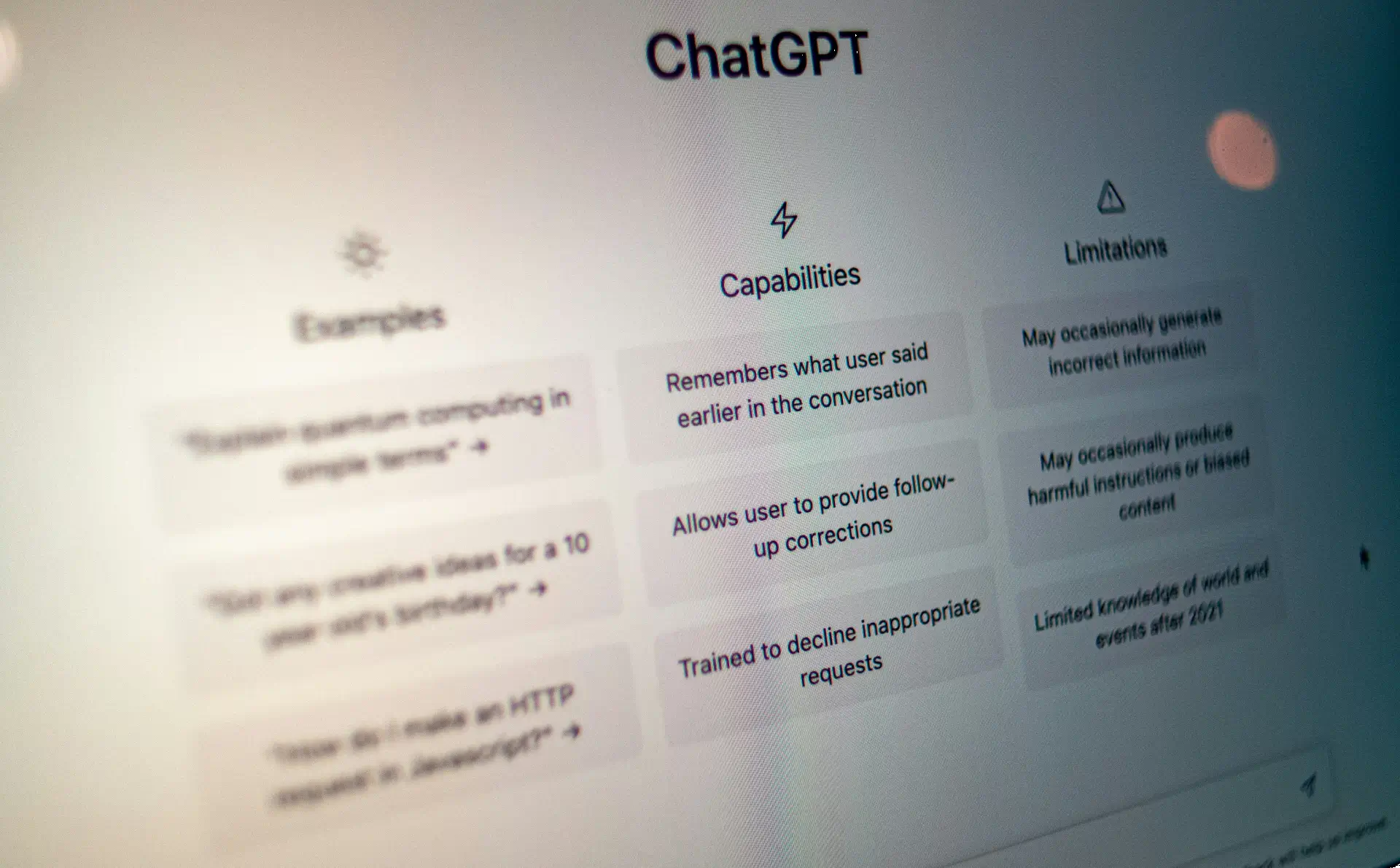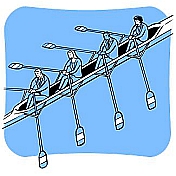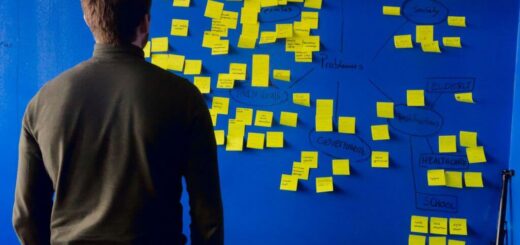How ChatGPT Makes Project Management Easier

Project managers are no strangers to juggling complexity. Budgets, timelines, resource allocation, team dynamics, stakeholder expectations all represent a constant balancing act. Now, artificial intelligence (AI) is stepping in to lighten the load. According to the International Institute for Learning, 72% of project managers believe generative AI is very or extremely likely to change their roles, and 75% of experts say complex projects are very likely or extremely likely to benefit from AI-powered tools.
Once considered a novelty for generating text, ChatGPT for project managers is quickly becoming a versatile assistant in the modern workplace. It doesn’t replace human leadership but significantly improves productivity, decision-making, and communication at every phase of the project lifecycle.
Here’s how ChatGPT is changing the project management landscape: from everyday to-do lists to enterprise-level strategy.
5x Faster Planning with AI-enhanced Structuring
Project planning can consume a significant portion of a project manager’s time, especially when starting from scratch. According to a report by Exploding Topics, 36% of project management professionals spend between four hours and a full day each month manually compiling project status information.
This manual effort underscores the need for more efficient planning tools. ChatGPT addresses this challenge by rapidly generating initial plans, timelines, task breakdowns, or documentation outlines based on a short prompt, thereby streamlining the planning process and reducing the time spent on routine administrative tasks. As PMI recently reported, generative AI tools like ChatGPT, Gemini, and Claude speed up foundational planning tasks by an average of 5 times.
Want to build a Gantt-style timeline for a website redesign? Just describe the scope, and ChatGPT can propose deliverables, assign tentative deadlines, and flag dependencies.
Need to draft a risk mitigation matrix? It can provide a structured table based on known project risks and best practices.
While final plans always need review and customization, this AI-accelerated first draft can save hours and thus reduce mental fatigue for project leads.
Clearer Communication for Teams and Stakeholders
Miscommunication is one of the top reasons projects fail. Whether it’s a vague email, unclear task instructions, or inconsistent stakeholder updates, small misunderstandings can snowball into costly delays.
ChatGPT excels at turning messy thoughts into polished communication. It can help you:
- Write clear task descriptions for your team in Teamplate, Jira, or Trello (see comparison)
- Draft professional updates for clients or executives
- Rephrase sensitive feedback or performance notes
- Translate complex project data into plain English
The tone can be adjusted—formal, friendly, assertive—depending on the context. For global teams, ChatGPT can even provide multilingual support or simplify technical language to bridge knowledge gaps.
Instant Meeting Summaries and Action Points
Meetings are necessary—but summarizing them? Not so much. With ChatGPT, you can quickly convert your meeting notes or transcripts into clean, actionable summaries. No more poring over recordings or piecing together scattered bullet points.
Simply paste in a transcript or rough notes, and ask ChatGPT to extract:
- Key decisions made
- Outstanding questions
- Next steps and owners
- Deadlines or follow-ups
This keeps everyone aligned, especially in hybrid or remote teams where real-time clarity is harder to achieve.
Pair it with voice transcription tools like Otter.ai or Zoom’s transcript feature, and using ChatGPT for managing projects becomes even more powerful, thus bringing clarity and speed to your workflows.
Smarter Task and Time Management
As a project manager, your day is full of micro-decisions. What should be prioritized? Who’s overloaded? Where are we falling behind?
While ChatGPT doesn’t replace professional project management tools, it can complement them with daily support:
- Generate daily or weekly task lists
- Suggest priority rankings based on goals or deadlines
- Help write polite nudges or follow-ups to team members
- Recommend time-blocking strategies for high-focus periods
Some teams even integrate ChatGPT with tools like Notion or Slack using API plugins, turning it into a hands-on productivity coach. For more advanced use cases (like syncing tasks across platforms or automating meeting recaps) businesses are increasingly turning to custom ChatGPT integration services. These tailored solutions ensure AI capabilities are embedded directly into your team’s ecosystem, boosting efficiency without disrupting existing workflows.
Easier Documentation and Reporting
Project documentation is essential, but it’s also a time-consuming pain point. From kick-off decks to end-of-sprint retrospectives, keeping content clear and updated is hard work.
ChatGPT simplifies this by:
- Drafting project charters or scopes of work
- Summarizing sprint reviews or lessons learned
- Generating FAQ sections or onboarding guides for new stakeholders
- Converting rough notes into client-facing reports or internal documentation
Instead of staring at a blank page, project managers can collaborate with ChatGPT as a drafting partner. And then you focus on high-level insights while the AI handles structure and flow.
Risk Management and Scenario Simulation
ChatGPT can help PMs think through “what if” scenarios. Need to assess the impact of a key resource dropping out mid-sprint? Want to explore mitigation plans for delayed vendor delivery?
By describing the situation, you can prompt ChatGPT to:
- List potential risks and categorize them by likelihood/impact
- Propose contingency plans or mitigation actions
- Simulate outcomes or timelines under different variables
It’s not predictive AI, but it is an intelligent brainstorming assistant that encourages thorough planning and better preparedness. These use cases highlight the strengths of ChatGPT for Project Management, particularly in exploring risks and drafting solutions faster than traditional tools allow.
Team Coaching and Knowledge Sharing
In addition to managing logistics, project leaders often play the role of coach, mentor, and knowledge source. ChatGPT can help here too.
- Need to explain Agile to a new team member? Ask ChatGPT for a beginner-friendly overview.
- Want to create a quick quiz for a team training session? Let it generate multiple-choice questions.
- Drafting internal playbooks, onboarding flows, or SOPs? It can provide a working draft in minutes.
ChatGPT helps democratize expertise, making it easier to scale knowledge sharing without exhausting your senior staff.
Real-Time Decision Support
Project managers constantly face questions that require quick judgment calls. Should we request a deadline extension? Is this feature creep or a valid change request? Is this feedback worth escalating?
ChatGPT can be a second brain. It helps by:
- Offering pros/cons lists for tricky decisions
- Recommending polite but firm language in boundary-setting emails
- Structuring escalation paths or documentation in response to scope creep
- Providing templates for change request forms, budget adjustments, or reprioritization emails
That said, it’s essential to recognize the limitations of ChatGPT in project management. It lacks real-world context, emotional intelligence, and domain-specific authority, so it should be treated as a support tool, not a decision-maker.
Final Thoughts: Augment, Don’t Automate the Role
Project management is ultimately about people. Generative AI can’t replace leadership, empathy, or organizational intuition. But what it can do is remove friction, so project managers can spend less time formatting reports and more time fostering alignment, clarity, and momentum.
That’s why the integration of ChatGPT into project management practices is gaining traction. When used thoughtfully, it becomes a valuable assistant for automating tasks and enabling smarter, more strategic leadership. ChatGPT isn’t here to run your projects. It’s here to help you run them better.
From reducing admin overhead to sharpening team communication, it’s becoming a quiet force multiplier for project leaders around the world. The ones who learn how to use it wisely will have more time to lead, more mental space to think strategically, and a lot fewer late-night reporting sessions.














